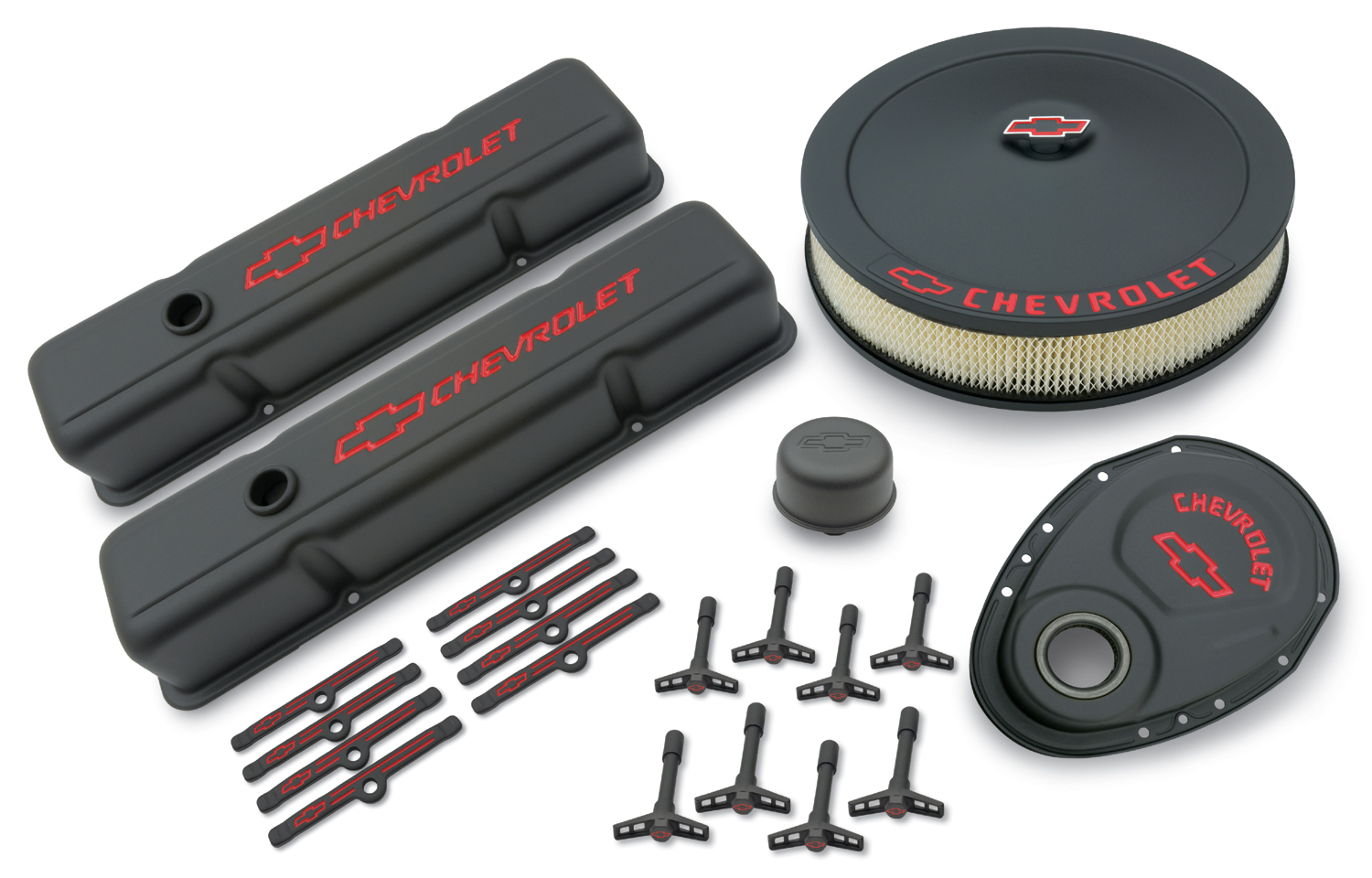Odometer blockers, also known as mileage correction devices, come in various types, each designed for specific purposes. It’s important to note that the use of these devices for fraudulent activities, such as manipulating mileage to misrepresent a vehicle’s history, is illegal and unethical. Legitimate uses, such as preventing mileage accumulation during vehicle transportation for service, may involve specific types of odometer blockers.
Let’s pay attention to types of odometer blocker. CAN (Controller Area Network) bus blockers intercept and modify the communication signals within a vehicle’s CAN bus system. These devices can alter odometer readings by intercepting and manipulating the data sent between the various electronic control units (ECUs) in the vehicle.
Plug-In Devices, Software-Based Blockers, Dashboard Instrument Cluster Tools
Some odometer blockers come in the form of plug-in devices that connect to the vehicle’s OBD-II (On-Board Diagnostics) port:
- These devices can interact with the vehicle’s electronic systems and modify odometer readings.
- They are often used for diagnostic and programming purposes but can be misused for fraudulent activities.
Software-based odometer blockers operate through specialized software that interfaces with a vehicle’s electronic systems. These software solutions are often used by professional technicians for legitimate purposes, such as correcting mileage discrepancies caused by ECU replacements or repairs.
Some odometer blockers are designed to directly modify the instrument cluster or dashboard. These tools can physically alter the odometer display to show a different mileage. However, tampering with the instrument cluster is often detectable, and such devices are not recommended for legal and ethical reasons.

Mileage Calibration Tools, Transport Mode Devices, In-Line Devices
Mileage calibration tools are often used by automotive professionals for legitimate purposes, such as adjusting odometer readings after replacing a faulty instrument cluster. These tools may include hardware and software components to ensure accurate mileage readings.
Some odometer blockers are specifically designed for transport mode. These devices are intended for use during the transportation of a vehicle for service or maintenance. When activated, they prevent the accumulation of additional mileage during transit.
In-line odometer blockers are devices that are installed in-line with the wiring between the vehicle’s sensors and the instrument cluster. They can intercept and modify the signals related to mileage readings.
It’s crucial to emphasize that the use of odometer blockers for fraudulent activities is illegal and unethical. Legitimate uses, such as preventing mileage accumulation during vehicle transport for service, should follow all applicable laws and regulations. It’s recommended to consult with legal professionals or regulatory authorities to ensure that the intended use of any odometer blocker complies with local laws and ethical standards.












